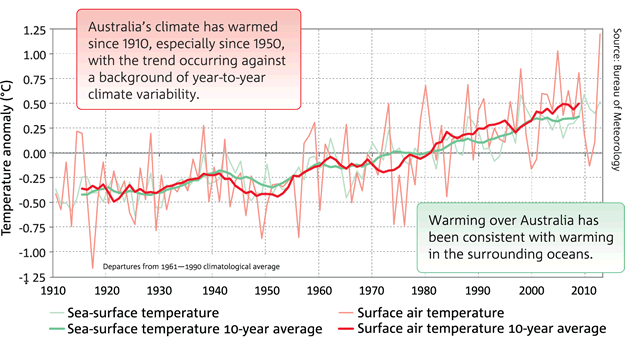As reported in Nature:
Old-fashioned breeding techniques seem to be leading genetic modification in a race to develop crops that can withstand drought and poor soils.
As the climate warms and rainfall becomes more erratic, farmers worldwide will increasingly need crops that can thrive in drought conditions. And the high costs of fertilizers — along with the environmental damage they can cause — are also pushing farmers to look for crop varieties that can do more with less.
The need for tougher crops is especially acute in Africa, where drought can reduce maize (corn) yields by up to 25%. The Drought Tolerant Maize for Africa project, which launched in 2006 with US$33 million, has developed 153 new varieties to improve yields in 13 countries. In field trials, these varieties match or exceed the yields from commercial seeds under good rainfall conditions, and yield up to 30% more under drought conditions.
An analysis published earlier this year reported that by the project’s end in 2016, the extra yields fromdrought-tolerant maize could help to reduce the number of people living
in poverty in the 13 countries by up to 9% (R. La Rovere et al. J. Dev. Areas 48(1), 199–225; 2014). In Zimbabwe alone, that effect would reach more than half a million people.
And here's the bit about GM:
Drought tolerance is a complex trait that involves multiple genes.Transgenic techniques, which target one gene at a time, have not been as quick to manipulate it. But CIMMYT and six other research organizations are also developing genetically modified (GM) varieties of
drought-resistant maize, in collaboration with agricultural biotechnology giant Monsanto in St Louis, Missouri. Coordinated by the African Agricultural Technology Foundation in Nairobi, the Water Efficient Maize for Africa project aims to have a transgenic variety ready for African farmers by 2016 at the earliest.

















